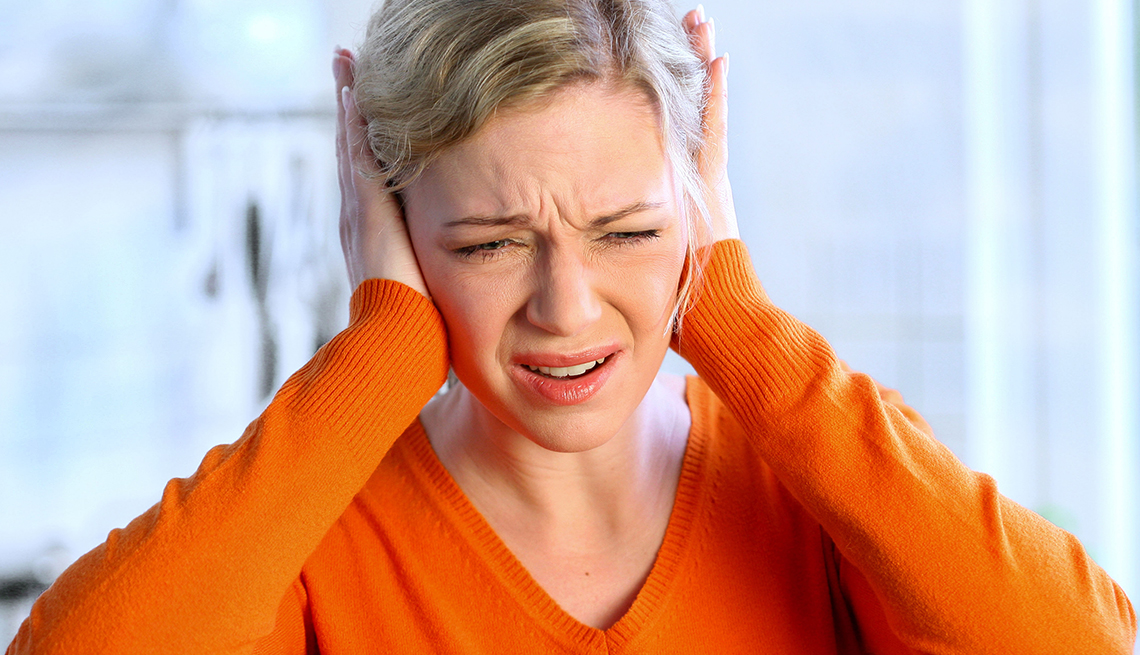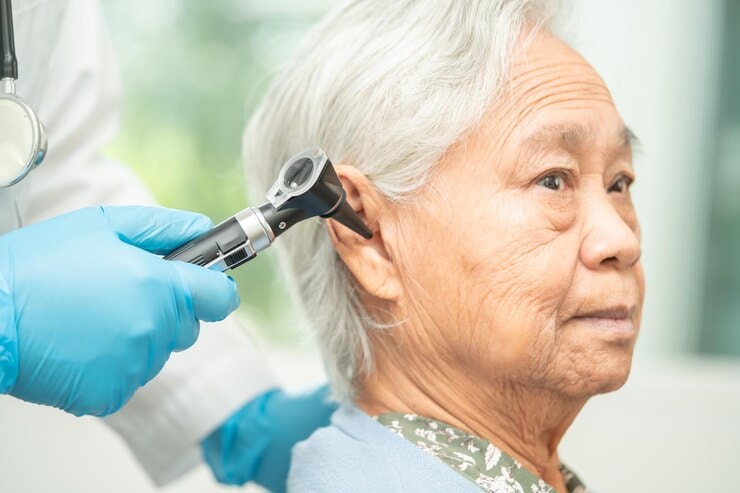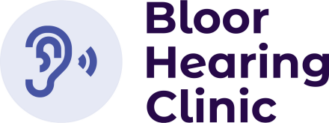
Our Blog
How Long Does A Hearing Test Take?
A comprehensive hearing test can vary in duration based on several factors. Generally, it should take a half hour up to one hour depending on the specific tests and hearing concerns.

A basic hearing test might involve just pure-tone audiometry, which measures your ability to hear sounds of different pitches at varying volumes. A more in-depth evaluation might include additional tests which we will discuss later in this article as we cover what happens during a hearing test.
Read on to break down the different components of a hearing test and how they can impact the overall time commitment.
What Happens During the Test?
Alarmingly, 6 in 10 Canadian adults have hearing health problems and most of them don’t even know it yet. A hearing test consultation here and there doesn’t necessarily mean something is wrong, but it’s one way to ensure optimal ear health. Regular hearing tests are vital, especially for those experiencing some hearing loss symptoms. Experts suggest adults under 50 should get their hearing tested every 10 years.
Hearing test Toronto clinics like Bloor offer a free hearing test for patients over 60. So, what exactly happens during a visit? Here’s what you can expect during a comprehensive hearing assessment.
Before the Test
This initial phase allows the audiologist to gather information about your hearing health. They may ask detailed questions about your hearing concerns, such as:
-
Difficulty hearing phone calls
-
Trouble understanding conversations in background noise
-
Ear pain, ringing in the ears (tinnitus), or dizziness
-
Family history of hearing loss
-
Exposure to loud noises
They’ll also review your medical history to see if any underlying conditions could be contributing to hearing problems, such as diabetes, high blood pressure, or previous ear infections. This is your opportunity to discuss any specific concerns you have about your hearing and ask any questions you may have about the testing process or potential treatment options.
Otoscopy
During an otoscopy, the audiologist will use a specialised, handheld device (otoscope) with a magnifying lens and a light source to illuminate your ear canal and eardrum. They’ll look for any signs of earwax buildup, inflammation, or related abnormalities.
Excessive wax can block the ear canal and affect hearing, and so do perforations or scarring on the eardrum. Moreover, any redness, swelling, or drainage could indicate an ear infection.
Tympanometry
These tests are quick and generally painless. In tympanometry, the audiologist measures the pressure within your middle ear. It helps assess the mobility of the eardrum and the functionality of the middle ear bones, which play a crucial role in sound transmission.
How it Works: A gentle puff of air is directed into your ear canal while the audiologist monitors the eardrum’s response.
Otoacoustic Emissions (OAE)
Meanwhile, OAE involves evaluating the health of the tiny hair cells located in the inner ear, which are responsible for converting sound waves into electrical signals for the brain to interpret.
How it Works: The audiologist inserts a small probe in your ear canal, emitting low-level sound waves. The probe measures the faint echoes produced by healthy hair cells. The presence or absence of these echoes indicates the health of the hair cells.
Ear Wax Removal
If the otoscopy reveals significant earwax buildup, the audiologist may need to remove it before proceeding with further testing. This can be done using various methods. Professional ear flushing Toronto services can help you with this, performing methods like irrigation (using warm water to flush out the wax), suction, or specialised instruments.
Earwax removal can add 10-15 minutes to your appointment.
Pure Tone Audiometry
This is the most common and fundamental hearing test. It allows the audiologist to map out your hearing thresholds across the sound spectrum.
The process is simple. You’ll wear headphones and listen to a series of beeps and tones presented at varying volumes (soft to loud) and different pitches (low to high). Your role is to indicate whether you can hear each sound by raising your hand or pressing a button.
From this result, the audiologist will create an audiogram, a chart that depicts your hearing thresholds at different frequencies.
Speech Testing
This test goes beyond pure tones and evaluates how well you understand spoken words in different listening environments. It will have a similar process: You’ll again wear headphones and listen to pre-recorded sentences spoken at different volumes and with varying background noise levels (quiet to noisy). You’ll repeat the words you hear or identify pictures that correspond to the spoken words.
This test provides valuable information about your ability to understand speech in real-world situations, especially in noisy environments like restaurants or social gatherings.
After the Test
Here, the audiologist will discuss your hearing test results with you in detail. They’ll discuss what the findings mean in terms of your hearing health and answer any questions you may have. This includes recommending potential treatment options, such as:
-
Use of Hearing Aids: Electronic devices that amplify sound to improve hearing ability.
-
Aural Rehabilitation: Therapy programs to help you cope with hearing loss and improve communication skills.
The audiologist will also discuss and outline the next steps for managing your hearing health.
If you’re experiencing ringing or buzzing in your ears (tinnitus), an audiologist tinnitus consultation can help explore potential causes and discuss treatment options tailored to your specific situation.
Hearing Test Durations
How long does a hearing test take according to stages? The time it takes to complete a hearing test can vary depending on the type of assessment performed. Below is a general guideline.
Basic Hearing Evaluation (30-45 Minutes)
This timeframe typically covers a basic hearing evaluation, including pure tone testing and speech testing, ideal for quick screenings.
Comprehensive Hearing Assessment (60-75 Minutes)
This provides a more thorough picture. The longer duration accommodates additional examinations like a pre-test consultation, otoscopy, and tympanometry, along with a post-test discussion of your results. This extra time ensures a more comprehensive evaluation of your hearing health.
Extended Assessment with ABR Testing (1-3 Hours)
In some cases, additional testing might be needed, particularly for infants or individuals who have difficulty responding traditionally during the test.
Auditory Brainstem Response (ABR) testing is a painless procedure that measures the electrical activity in the brainstem in response to clicking sounds. It helps assess how well sound travels from the ear to the brain.
It’s important to note that the timeframes mentioned above may or may not include the pre-test and post-test consultations. Be sure to clarify this with your hearing clinic when scheduling your appointment.
How Much Does a Hearing Test Cost?
Standard hearing tests in Canada typically range around $90 for adults under 60. Some clinics might offer reduced prices for hearing tests while some can cost much higher. A pediatric hearing test (under 18 years old) might be slightly more expensive than a standard adult test, costing around $110. Meanwhile, industrial hearing tests for occupational reasons might cost around $125.
Additional information: After your visit, your audiologist will advise you if you need to get a hearing aid in Toronto and even provide recommended solutions. It takes only a minute or two to determine which model suits you.
Conclusion
Hearing test durations vary depending on the specific tests performed and your individual needs. Nonetheless, understanding what to expect during the process can help you feel more prepared and confident, especially if you’ve been experiencing hearing challenges. Safeguard your overall healthy hearing and get a hearing test today. A comprehensive hearing evaluation can establish a hearing baseline for your hearing health, address any concerns early on, and take proactive steps to ensure healthy listening for many more years.
